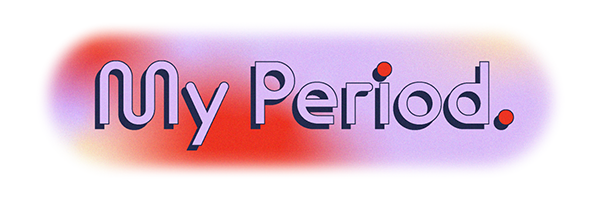
“Being Told I’m Infertile Broke Me”: 3 Women On Primary Ovarian Insufficiency
Last Updated 22 October 2024, 6:00
ADVERTISEMENT
Warning: This article contains discussion of infertility and feeling suicidal. Please consult your doctor before beginning any medication or treatment.
“I felt lost and overwhelmed, constantly questioning myself and my body,” remembers Sheree Hargreaves, who got diagnosed with primary ovarian insufficiency (POI) at the age of 15. POI is a condition whereby a person's ovaries stop working as normal before they reach 40, which is around the age when fertility typically drops. Symptoms include irregular or missed periods, difficulty getting pregnant, night sweats and low libido, and the condition may lead to infertility.
Now 23, Hargreaves feels like she has “some control back” and understands more — albeit still very little — about her condition. Many of us haven’t even heard of POI (also known as premature ovarian failure) and there isn't much in the way of guidance or community. To say the experience has been isolating would be an understatement. “I’ve always dreamed of becoming a mum, so finding out it wouldn’t happen as I had imagined was heartbreaking,” Hargreaves says. “I’ve had to rethink what motherhood could look like for me and explore other options, like adoption or other non-traditional paths to becoming a parent. It’s still something I’m navigating, and I’m learning to be kinder to myself as I figure it all out.”
For many of us in our 20s and 30s, these issues can feel like a lifetime away; most of us won’t visit them until we reach menopause, which usually happens after the age of 45. But for some people with uteruses, that lifetime is right now. The symptoms of POI look similar to menopause so the two are often confused, but these are different conditions that can overlap. Among the long list of symptoms common to both POI and menopause are anxiety, depression, osteoporosis and low thyroid function.
The exact cause of POI is unknown in 90% of cases. Hormone specialist Dr Fiona MacRae from the Marion Gluck Clinic says: “The exact causes of POI are not fully understood but research suggests that genetic factors, autoimmune disorders and environmental factors may play a role in the development of this condition. Certain medical treatments such as chemotherapy and radiation therapy can also contribute to the premature decline of ovarian function.” When symptoms occur at a young age, for example, Dr Shirin Lakhani says they “can be mistaken for irregular periods,” which are relatively common among young people who menstruate and so “the early signs of POI may not immediately raise concerns.”
Misdiagnosis in younger age groups can also be common due to the rarity of POI (it affects 1-2% of women under 40, and 0.1% of women under 30). “Young patients who feel dismissed should seek a second opinion, keep a detailed record of their symptoms and advocate for themselves by discussing their concerns with healthcare providers,” MacRae says. She also recommends seeking support from friends or support groups, and considering counselling.
Refinery29 spoke to three women who went through POI at a young age.
ADVERTISEMENT
ADVERTISEMENT






